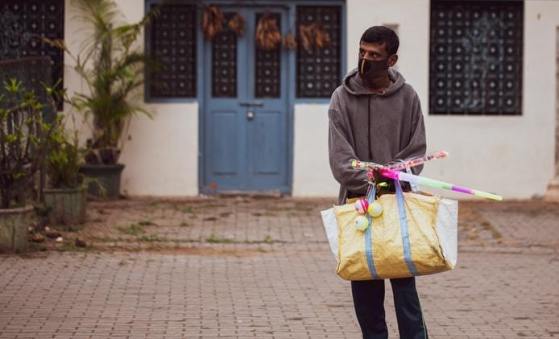Bangalore – After one and half years of preparation and drafting, the Karnataka Catholic Church finally revealed its plans to implement a "uniform pastoral plan."
The plan focuses on evangelization but orients itself to about a dozen areas including seminary formation, family, laity, justice and development, faith and social communications. It also includes areas such as youth, women, ecumenism, dialogue, education and liturgy.
The Karnataka Regional Catholic Bishops' Council organized a meeting on July 22–23 to discuss "effective implementation" of the plan, finalized after some 20 meetings of pastoral committees of the nine dioceses in the state.
The council comprises all the bishops of the ecclesiastical province of Bangalore and Belthangady Syro–Malabar diocese.
Archbishop Bernard Moras of Bangalore, chairperson of the planning committee, said the uniform pastoral plan for a region is a first in India. He asked each diocese to adapt the plan and implement it during the next three years. The meeting was held in Mangalore, a Catholic stronghold about 300 kilometers east of Bangalore.
About 90 participants, mostly diocesan secretaries of various ministries and Religious and lay leaders, attended along with two bishops.
The mission statement for the plan emphasizes a "missionary Church" in the state, where Christians form less than 2 percent of the predominantly Hindu population of 52 million. Catholics number about 1 million.
The statement, adopted at the meeting, insists on the need for old parishes to "train and encourage more and more lay people to share the Good News in order to reach areas untouched as yet by the Gospel."
It asks Catholics to adopt Small Christian Communities as "basic structures of ecclesial life" and emphasizes the need to give a missionary thrust to the formation of priests and Religious. It also suggests fostering "Christ–centered families" by giving them adequate faith formation to "protect and promote life in all its stages." Children and youth also must be given adequate faith and value formation, it says.
The statement calls on all in the Church to "give a vigorous and effective thrust to witnessing" the Gospel. In also calling for the Church to "recognize and to promote the legitimate role of the laity," it suggests involving laity in Church bodies such as parish pastoral councils, parish finance committees and diocesan pastoral councils. Promotion of lay associations and empowerment of women in socio–political life are other suggestions.
The Church must, according to the pastoral plan's preamble, "creatively respond to the existing realities" including "divisions based on language, culture and caste, socioeconomic and gender disparities, emergence of religious fundamentalism and exploitation of the weaker sections in society."
The plan document also suggests use of media and information technology to build a "harmonious community" through ecumenism, interreligious dialogue, inculturation and care for the environment.
Father Thomas D'Sa, director of National Biblical Catechetical and Liturgical Center in Bangalore, cautioned in his keynote address that effective implementation of the plan would be possible "only if we shed our craving for institutionalization and power."
Father George Kannanthanam, a social activist who spoke on the occasion, said the pastoral plan lacks emphasis on the healing ministry of the Church and mission among the underprivileged. He suggested a separate plan for the Church's health ministry.
The Catholic Church in Karnataka comprises Bangalore archdiocese and the dioceses of Bellary, Belgaum, Belthangady, Chikmagalur, Karwar, Mangalore, Mysore and Shimoga. The Indian Catholic Church comprises the Latin, Syro–Malabar and Syro–Malankara rites, of which the latter two are Oriental rites based in Kerala state, Karnataka's southern neighbor.




